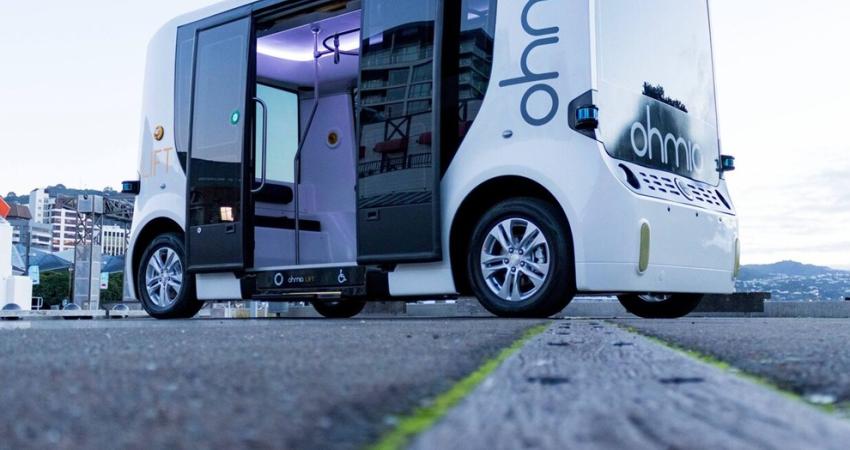Called Is the UK ready for electric cars?, the document revealed 68% of respondents are willing to pay more for an electric car for its environmental benefits. Meanwhile, nearly half based their decision on the belief that electric cars are cheaper to run in the long term.
However, participants are only willing to pay a little extra with less than a fifth willing to spend up to 5% more for an electric car. Meanwhile, 13% of drivers are willing to pay an additional 10% for their next purchase.
Baringa warns different driving habits can lead to a difference in the total cost of electric cars. Fleet buyers are set to save more fuel on fully electric models as the lower operating costs can make them equal to conventional vehicles. However, private buyers are not likely to see parity until the mid-2020s when electric car prices are expected to fall.
Oliver Rix, partner in energy and resources at Baringa Partners says the additional money people are willing to spend is unlikely to increase uptake significantly in the short-term.
“Therefore, the government needs to ensure grants for electric cars continue to be offered until prices fall more in line with their petrol and diesel counterparts.”
Rix also recommends car manufacturers should highlight the wider financial benefits of owning an electric car, such as the tax and fuel savings and promote cheaper models available.
City spotlights showed 41% of Londoners are likely to consider buying a fully electric car for their next purchase. This figure is followed by residents in Cardiff (37%), Glasgow (33%), Bristol (24%), Brighton (21%) and Nottingham (10%).
A full copy of the report is available on the %$Linker:
A third of Brits willing to pay more to purchase electric cars
Over a third of the British public would be willing to pay more for a fully electric car than a petrol or diesel vehicle, said Baringa Partners. However, the business consultancy’s latest report also highlighted 35% of respondents think these vehicles are worse value for money.
Called Is the UK ready for electric cars?, the document revealed 68% of respondents are willing to pay more for an electric car for its environmental benefits. Meanwhile, nearly half based their decision on the belief that electri
Over a third of the British public would be willing to pay more for a fully electric car than a petrol or diesel vehicle, said Baringa Partners. However, the business consultancy’s latest report also highlighted 35% of respondents think these vehicles are worse value for money.






